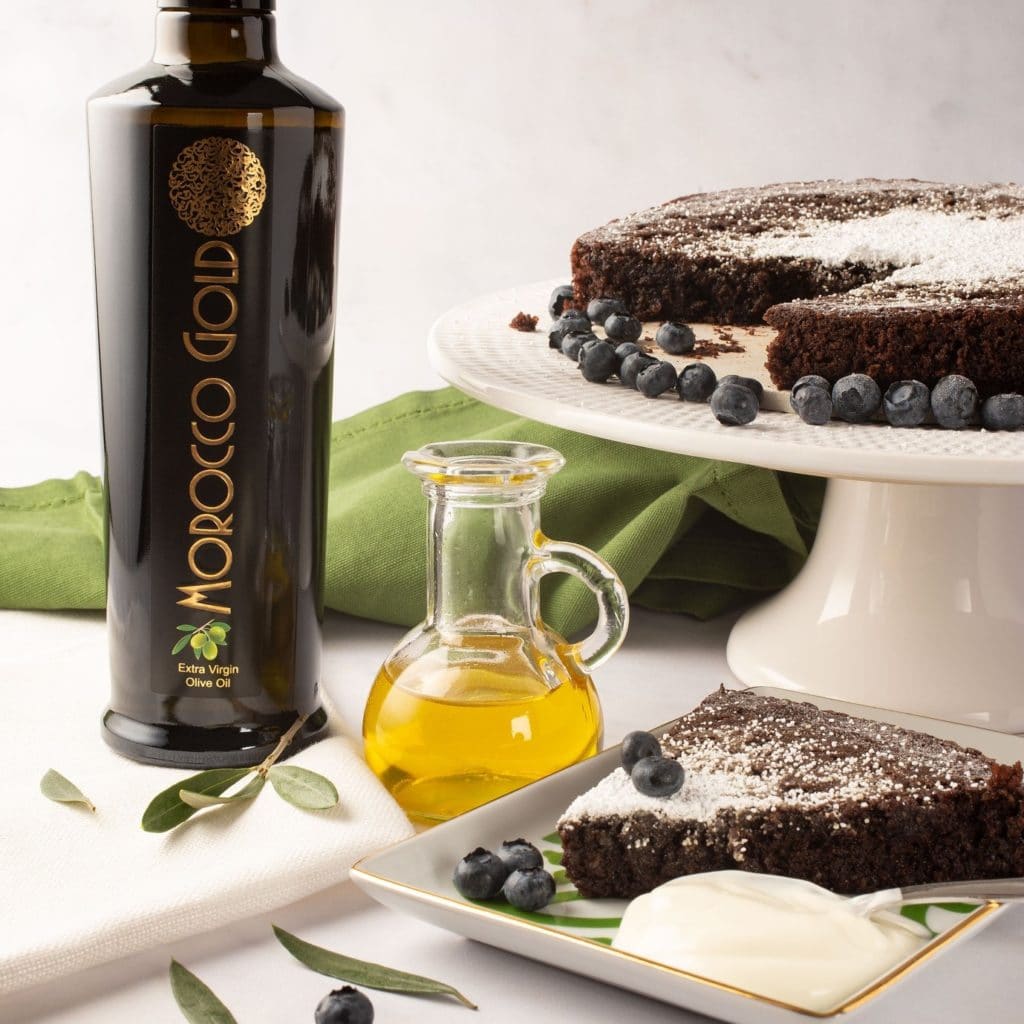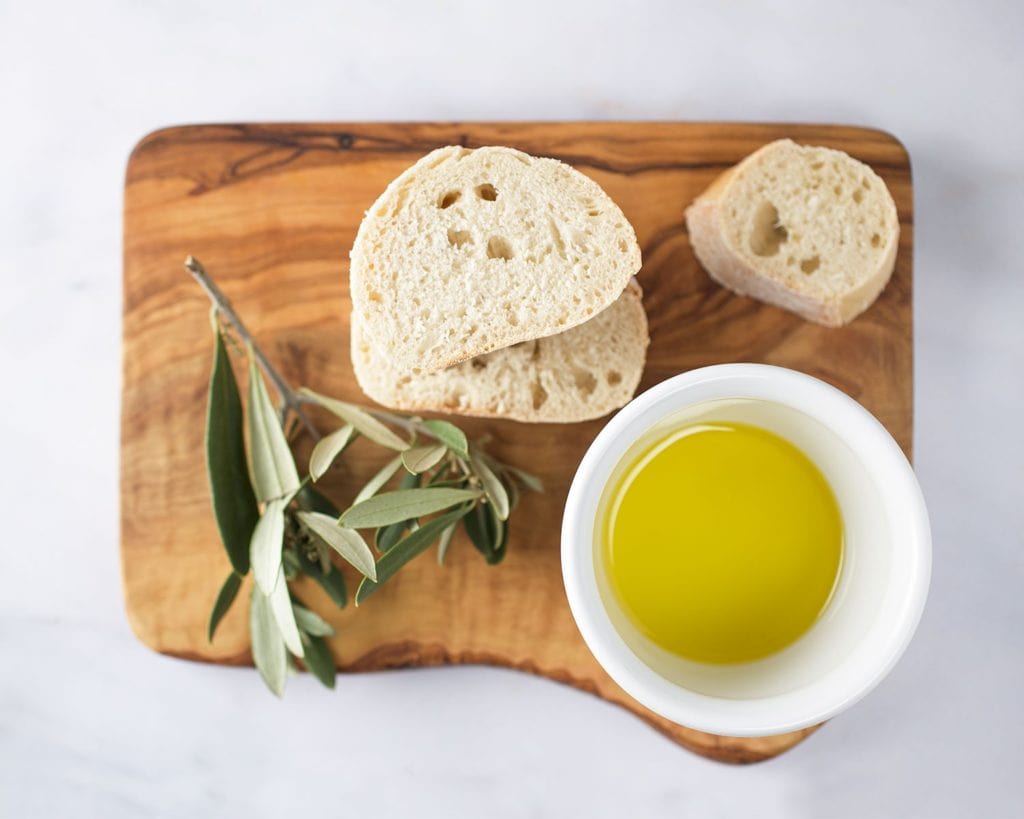Extra Virgin Olive Oil Or Canola Oil: Which Is Best For Health
Updated March 20th 2024

Summary
- The antioxidants in Extra Virgin Olive Oil gives it a health advantage over Canola Oil – another increasingly popular cooking oil.
- The antioxidants in Extra Virgin Olive Oil help to neutralise free radicals which can reduce risk factor associated with of a range of diseases.
- Extra Virgin Olive Oil is a better choice for cooking at high heat than Canola Oil and is unrefined – increasing the health benefits along the way.
Contents
- Why Extra Virgin Olive Oil is the Healthiest Option for Your Kitchen
- What Gives Extra Virgin Olive Oil The Edge?
- Extra Virgin Olive Oil Is Rich in Heart-Healthy Monounsaturated Fats
- The Anti-inflammatory Effects Of Extra Virgin Olive Oil
- Extra Virgin Olive Oil Is Better for Cooking at High Heat
- Comparing Extra Virgin Olive Oil With Canola Oil For Reduced Disease Risk?
- Sustainability and Purity Of Extra Virgin Olive Oil And Canola Oil
- Why Extra Virgin Olive Oil is the Healthiest Option for Your Kitchen
Why Extra Virgin Olive Oil Is The Healthiest Option For Your Kitchen
If you’re looking for a hard-working plant oil, Canola Oil has become a very popular choice of late, but, for health benefits and purity of flavour, the best olive oil you can find is healthier than canola – and versatile too. The main reason behind this is the abundance of antioxidants and other plant compounds in olive oil – especially extra virgin olive oil – which help to neutralise free radicals which can cause harm to our health.
What Gives Extra Virgin Olive Oil The Edge
Olive oil, particularly extra virgin olive oil (EVOO), has long been celebrated as the heart of Mediterranean diets, known for their health benefits and longevity of the population. Those who prioritize health and wellness have often reached for this natural elixir when looking for the best oil for cooking. In this blog post, we’ll explore why extra virgin olive oil outshines canola oil and is widely considered the healthiest cooking oil.
Extra virgin olive oil is made by cold-pressing olives to extract their natural oils. This method maintains the integrity of the oil’s flavour, health benefits, and antioxidants. Unlike canola oil, which often undergoes heavy processing, using extra virgin olive oil means that you’re enjoying the oil in its most natural state.
EVOO contains an impressive profile of antioxidants, substances that fight oxidative damage due to free radicals. By contrast, canola oil lacks these natural antioxidants. These antioxidants in extra virgin olive oil include Vitamin E and phenolic compounds, which have anti-inflammatory properties and could play a role in cancer prevention.
Extra Virgin Olive Oil Is Rich In Heart-Healthy Monounsaturated Fats
One of the major reasons for the health edge of extra virgin olive oil is its high content of monounsaturated fats. These fats are essential for cardiovascular health and can help lower bad cholesterol levels, reducing the risk of heart disease compared to canola oil, which has a higher ratio of polyunsaturated fats.
The Anti-inflammatory Effects Of Extra Virgin Olive Oil
Extra virgin olive oil is renowned for its anti-inflammatory properties, primarily due to a compound called oleocanthal, which has been shown to work similarly to ibuprofen. A diet rich in EVOO might therefore help protect against the inflammation associated with a multitude of chronic diseases.
Extra Virgin Olive Oil Is Better For Cooking At High Heat
Contrary to popular belief, quality extra virgin olive oil has quite a high smoke point and can be used for cooking at high heat. It is more stable than many other vegetable oils, including canola oil, under heat due to its chemical structure, limiting the potential for harmful compounds to form during cooking.
The Flavor Factor
Extra virgin olive oil is celebrated not only for its health benefits but also for its robust flavor profile. It can elevate simple dishes with its varied notes – something that is lost with highly processed oils like canola. For foodies and chefs alike, extra virgin olive oil is the gold standard for taste.
To understand the composition of Canola Oil compared to a high-quality extra virgin olive oil like Morocco Gold, it’s important to know where it came from. A recent article in The Beet summarised the origins of Canola very well:
The canola plant was derived from a variety of rapeseed plants, and was created through crossbreeding in order to remove components of the orignal plant to make it heartier and healthier. Although they are both in the mustard or cabbage family, the canola plant doesn’t have glucosinolates and erucic acid like the rapeseed plant. While glucosinolates are compounds that can bring along health benefits, erucic acid is believed to cause adverse health effects.
Centre for Food Safety
Comparing Extra Virgin Olive Oil With Canola Oil For Reduced Disease Risk?
According to a Healthline article comparing olive oil and canola oil, olive oil came out top for health – especially extra virgin olive oil.
The report sited various studies showing that people who regularly use olive oil have reduced heart disease risk factors, improved blood sugar levels and a lower risk of death. This includes analysis of 33 studies revealing that people with the highest olive oil intake had a 16% lower risk of type 2 diabetes than those with the lowest intake. Significant consumption of olive oil is also linked to a lower risk of stroke and a reduction in heart disease risk factors, including LDL (bad) cholesterol and triglyceride levels.
Although Canola is often associated with promoting heart health, existing research is at best contradictory. As reported by Healthline, some studies suggest that Canola is beneficial to the heart but others indicated the opposite.
In fact, a study of 2,071 overweight or obese adults noted that regular use of canola oil was linked to increased risk of developing metabolic syndrome than those who rarely or never used this oil.
Sustainability and Purity Of Extra Virgin Olive Oil And Canola Oil
Given that extra virgin olive oil is simply pressed from olives without extensive processing or additives, it’s a more sustainable choice for the environment and ensures you’re not consuming added chemicals or preservatives, which is often a concern with other oils including canola.
In conclusion, whether you’re a health enthusiast searching for the healthiest cooking oil, or a food connoisseur who values flavour and purity, using extra virgin olive oil in your cooking regimen is a wise and beneficial choice. With its multifaceted advantages ranging from heart health to anti-inflammatory properties and cooking versatility, extra virgin olive oil stands out as the superior option, worthy of a spot in every kitchen.
Remember, incorporating healthful foods into your diet is about making informed choices, and when it comes to cooking oil, extra virgin olive oil is the clear victor. Next time you’re picking up oil for your pantry, reach for the bottle of EVOO and bask in the knowledge that you’re doing something good for your body and your palate.
Why Extra Virgin Olive Oil is the Healthiest Option for Your Kitchen

Whether or not we have convinced you that picking the best olive oil you can buy is the ideal choice for your health, we would encourage you to do your research on fats. There is a wealth of information out there, including on our own website to give you the rundown on different types of fat, helping you to make an educated choice.
According to sports dietitians Kelly Jones, M.S., R.D. and Lori Nedescu, M.S., R.D.N. olive oil is one of the healthiest oils because of its heart-healthy fats.
Fat is a nutrient with important functions. It is a rich source of energy, providing more than double that of either carbohydrate or protein. It is a carrier for the fat-soluble vitamins A, D, E and K. It provides the essential fatty acids, linoleic and alpha-linolenic acid, which are polyunsaturated.
To remain healthy, we need moderate amounts of the right type of fats eaten as part of a good, balanced diet. However, a high fat intake and in particular, a high intake of saturated fats is associated with raised blood cholesterol and coronary heart disease.
Not all Fats are the Same
Fats are made up of fatty acids and glycerol. A fatty acid consists of a chain of carbon atoms, where each carbon atom in the chain is attached to hydrogen atoms. The number of hydrogen atoms per carbon atom determines whether the fatty acid is saturated or unsaturated.
